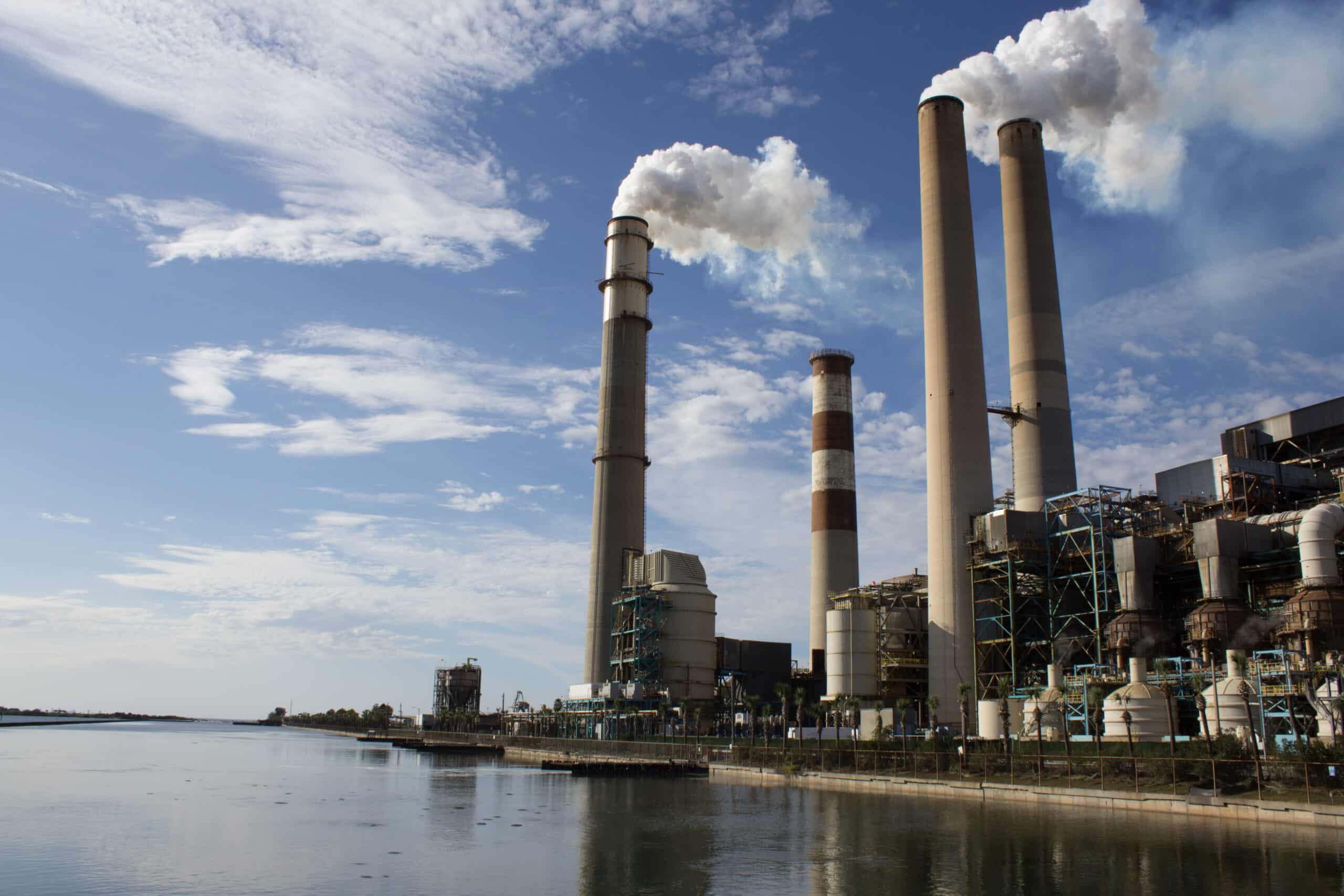As costs decrease and technology improves, the benefits of utilising desalination as a key driver to eliminate water shortages, can no longer be denied. There are approximately 16,000 operational desalination plants around the globe, which generate an estimated 95 million m3/day of freshwater.
In the 1980s the desalination process required 3 quarters more electricity to generate drinking water than today – due to more efficient pumps, membranes, energy-recovery devices and fully automated smart operations systems.
We are continuously implementing world class projects and developing new ways to get you the best solution without compromising on quality or cost. MEB has a comprehensive range of standard and decentralised water treatment solutions at its disposal, to help your organisation become more sustainable and efficient.
Chat to our team and learn more about our service offerings and solutions!

